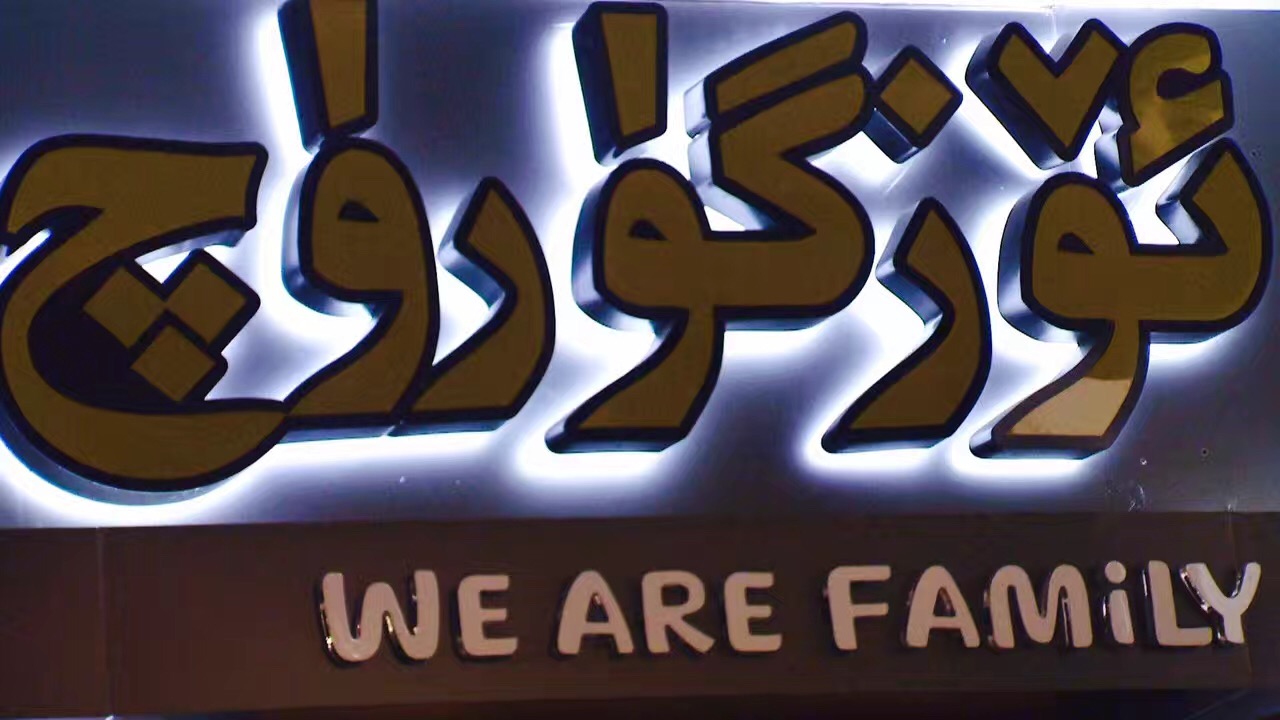
Business
20:20, 05-Oct-2016
Breaking barriers to employment in Xinjiang
Updated
10:18, 28-Jun-2018

People in Xinjiang should change their ways of thinking in order to improve the employment market. That is according to Almas Polat, a man behind a traditional Uygur food business in Urumqi, who spoke to CCTVNEWS in a recent interview.
“A good idea in more developed cities can be quickly transformed into profitable products. But that kind of transformation usually comes too slowly here, as most people do not feel the urgency to make any changes,” said Polat, CEO of the “Wemily” restaurant, which, according to China Daily, successfully combines modern fast-food and traditional Uygur "zhuafan" cuisine – a mutton pilaf dish.

He further explained that most young people in Xinjiang do not have the courage and motivation to improve their living conditions. Instead, he said, they usually rely on their parents or the government to help them rise above their current situations.
To solve the problem, the CEO said that one of the key solutions is to “fundamentally change the ways of thinking.”
“Young people in Xinjiang should understand what entrepreneurship is,” he said. “Xinjiang does not need a lot of CEOs. Xinjiang needs real entrepreneurs who understand (the) market. What it needs are good products and brands.”

And he himself perfectly exemplifies what entrepreneurship is.
To run his restaurant, he works on standardizing the production process, modernizing the management concept, and internationalizing sales methods. And he never calls those working in the restaurant employees, but instead regards them as colleagues because he thinks they are “creating miracles” with him.
Meanwhile, unlike some ordinary Uygur restaurants that represent a unique style of Islam, he’s trying to create a dining place that appeals to a broader spectrum of customers.
“Some say I am wasting my talents in an unprofitable business in an underdeveloped region. But I think food is a rising industry in Xinjiang. And this industry is creating new leaders,” he said.
“(Xinjiang) is a place full of opportunities and challenges. What prevent us from being successful are not the limited conditions in this region, but ourselves.”

SITEMAP
Copyright © 2018 CGTN. Beijing ICP prepared NO.16065310-3
Copyright © 2018 CGTN. Beijing ICP prepared NO.16065310-3